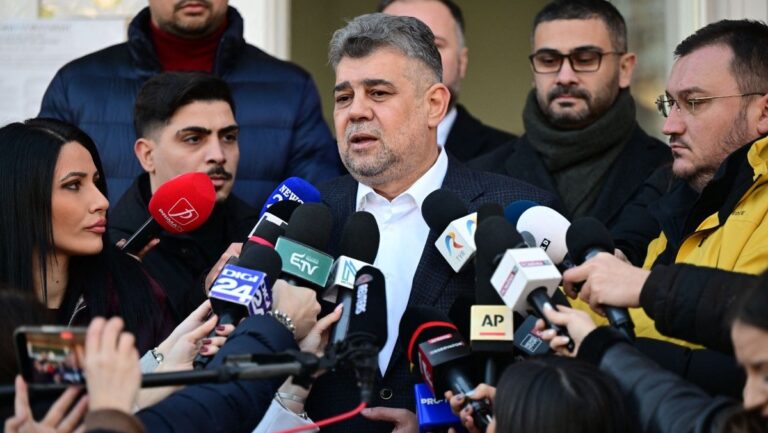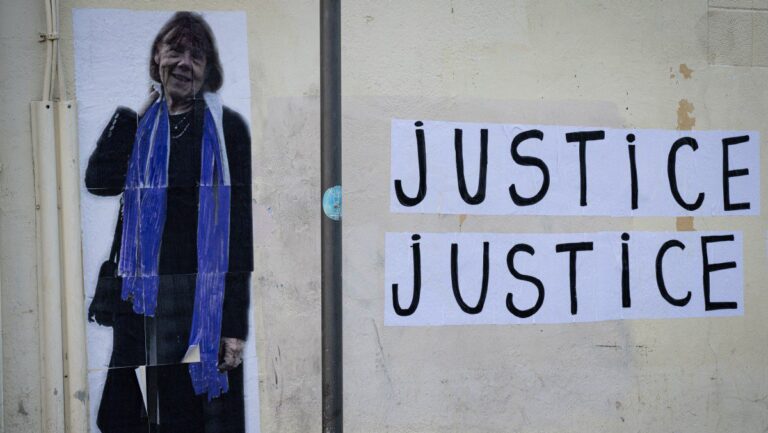Belarusian President Alexander Lukashenko elicited strong condemnation from Western powers this week after suggesting that pro-Russian allies could be given nuclear weapons in exchange for aligning with Russian interests.
The Belarusian strongman made the comments in an interview with Russian state media released Sunday, May 28th, as Belarus came under heavy criticism for permitting Russian tactical nuclear weapons to be deployed on its soil earlier this month.
A steadfast geopolitical ally of the Kremlin throughout the Russian war on Ukraine, Lukashenko’s comments fuel fears of a growing arms race in the region as Moscow came under sustained aerial bombardment from drones during the week.
🇷🇺🌐☢️📹 — Video: Belarusian President Lukashenko claims Russian Federation will give nukes to any state that joins Union State with Russia pic.twitter.com/hQgpzYfLf8
— SOS-UK-Report (@sosReports) May 28, 2023
“It’s very simple—join the Union State of Belarus and Russia. That’s all: there will be nuclear weapons for everyone,” Lukashenko stated, likening the new arrangement with Russia to the United States’ practice of stationing atomic weapons in Western Europe.
Lukashenko clarified that the opinion was his, and not the Kremlin’s, and described the need to pursue closer relations with Moscow under the flagship Russo-Belarussian ‘Union State’ policy which envisions greater economic and military integration between the two nations in the face of Western backlash to Russian aggression in Ukraine.
Belarus has consistently been a keen supporter of the Russian war effort in Ukraine. Lukashenko had previously defended his pro-Russian stance on the grounds of national self-interest and unwanted Western attempts to undermine his regime using alleged colour revolution tactics. The longest-sitting European head of state, Lukashenko came to power in 1994 and has steered Belarus through the post-Soviet period, despite accusations of despotism.
Lukashenko’s remarks have been universally criticised by both the EU and the United States. The Ukrainian presidential advisor Mykhailo Podolyak has said that Belarus’ new nuclear alliance with Moscow jeopardised non-proliferation treaties.
President of Kazakhstan Kassym-Jomart Tokayev slammed the notion of accepting nuclear weapons from Russia as a ‘joke,’ a sign that Russia is earnestly seeking to secure its immediate realm of influence in the face of a protracted conflict in Ukraine.
Kazakhstan president Kassym-Jomart Tokayev replied to Lukashenko's suggestions that Kazakhstan join the Russia-Belarus union state to get nuclear weapons "I appreciate the joke."
— Anton Gerashchenko (@Gerashchenko_en) May 29, 2023
Kazakhstan is moving away from the orbit of Russia's influence. pic.twitter.com/0htgfxIPJd
Ukraine, Belarus, and Kazakhstan gave up their atomic weapons in the 1990s as part of post-Soviet non-proliferation treaties.
Pro-NATO pundits have repeatedly raised the spectre of Russia using nuclear weapons in the ongoing conflict.
The Russian attack on Ukraine and rising multipolarity has heightened global fears of nuclear escalation as International Atomic Energy Agency (IAEA) chief Rafael Grossi called on the safeguarding of nuclear power plants in occupied Ukraine due to the risk of a potential nuclear catastrophe.





